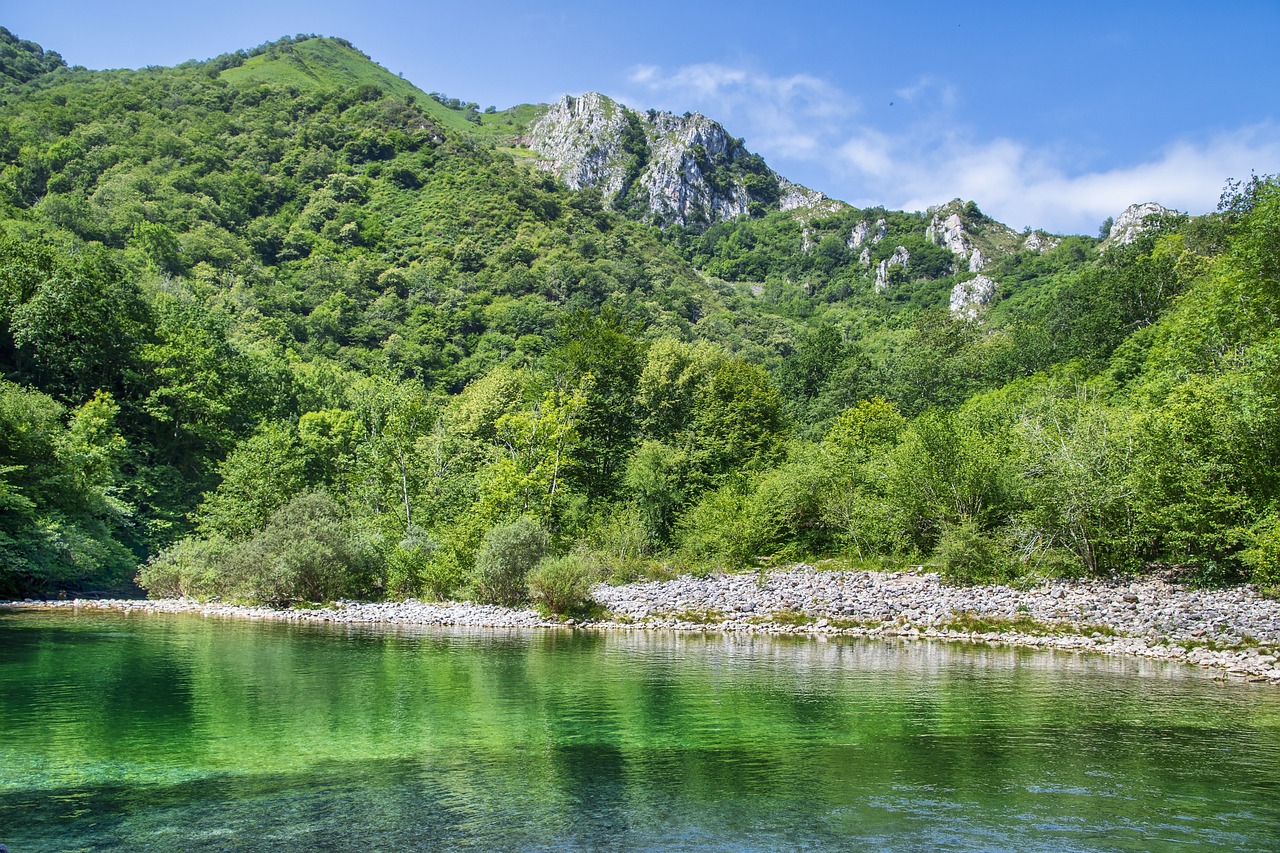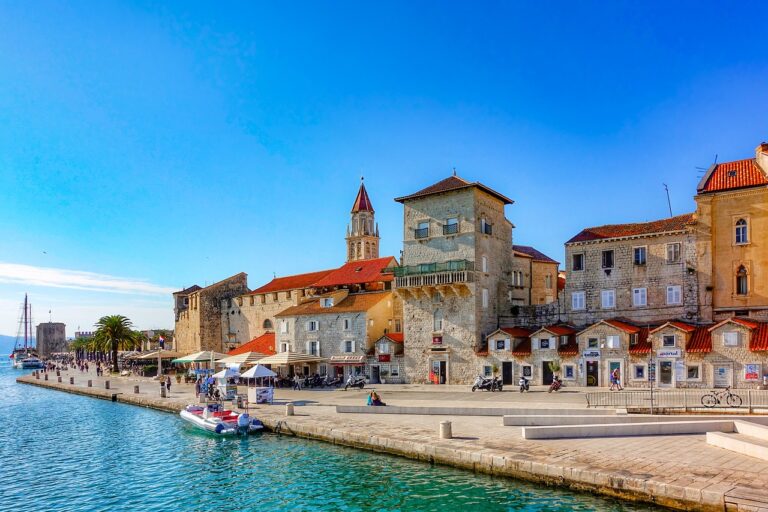Sustainable Wine Tourism: Exploring Vineyards and Wineries with Environmental Awareness
Sustainable wine tourism offers a unique opportunity for both consumers and producers to engage in environmentally conscious practices while enjoying the beauty of vineyards. By adopting sustainable methods, wineries can minimize their carbon footprint and contribute positively to the surrounding ecosystem. Consumers are increasingly drawn to wineries that prioritize sustainability, as they seek authentic and eco-friendly experiences that align with their values.
Furthermore, sustainable wine tourism can have a ripple effect on local economies by generating employment opportunities and fostering community development. By promoting the use of renewable energy sources, reducing water consumption, and implementing waste management strategies, wineries can set a precedent for responsible business practices. This not only benefits the environment but also enhances the overall reputation and competitiveness of the wine tourism industry.
Understanding the Impact of Wine Tourism on the Environment
Wine tourism has seen a significant increase in popularity in recent years, attracting visitors to vineyards and wine-producing regions around the world. While this form of tourism can bring economic benefits to local communities and promote cultural exchange, it also has the potential to negatively impact the environment. The expansion of vineyards and related infrastructure can lead to habitat loss, soil erosion, and water pollution, threatening biodiversity and the delicate balance of ecosystems in these regions.
Additionally, the use of pesticides, fertilizers, and irrigation in vineyard management practices can contaminate soil and water resources, posing a risk to both wildlife and human health. The heavy reliance on transportation to move people and products in wine tourism can contribute to carbon emissions and air pollution, further exacerbating the environmental footprint of this industry. As the demand for wine tourism continues to grow, it is crucial to evaluate and address the environmental impacts of this sector to ensure the long-term sustainability of wine-producing regions.
What are some benefits of sustainable wine tourism?
Sustainable wine tourism can help preserve natural landscapes, support local economies, promote biodiversity, and reduce carbon emissions.
How does wine tourism impact the environment?
Wine tourism can have both positive and negative impacts on the environment. Positive impacts include supporting conservation efforts and promoting sustainable practices, while negative impacts can include increased water usage, pollution, and habitat destruction.
How can wineries minimize their environmental impact?
Wineries can minimize their environmental impact by implementing sustainable practices such as water conservation, energy efficiency, waste reduction, and biodiversity conservation.
What role do tourists play in promoting sustainability in wine tourism?
Tourists can promote sustainability in wine tourism by choosing eco-friendly wineries, supporting local conservation efforts, and minimizing their own environmental footprint during their visit.
How can wine tourism contribute to local communities?
Wine tourism can contribute to local communities by creating jobs, supporting small businesses, preserving cultural heritage, and promoting regional development.





